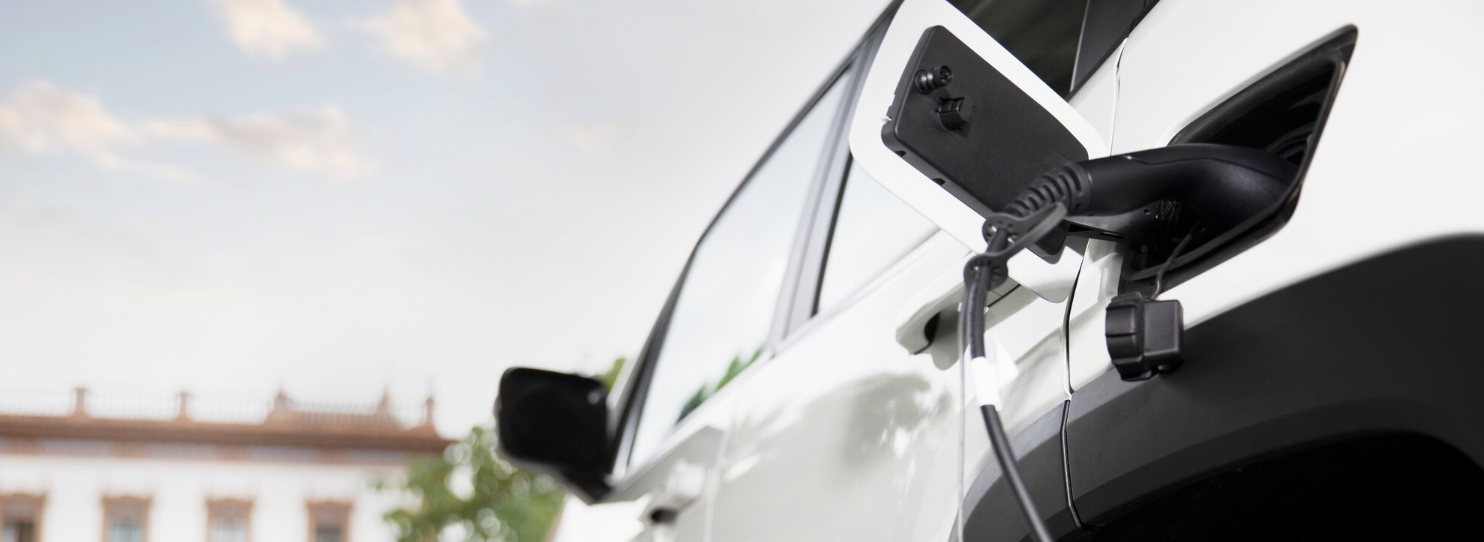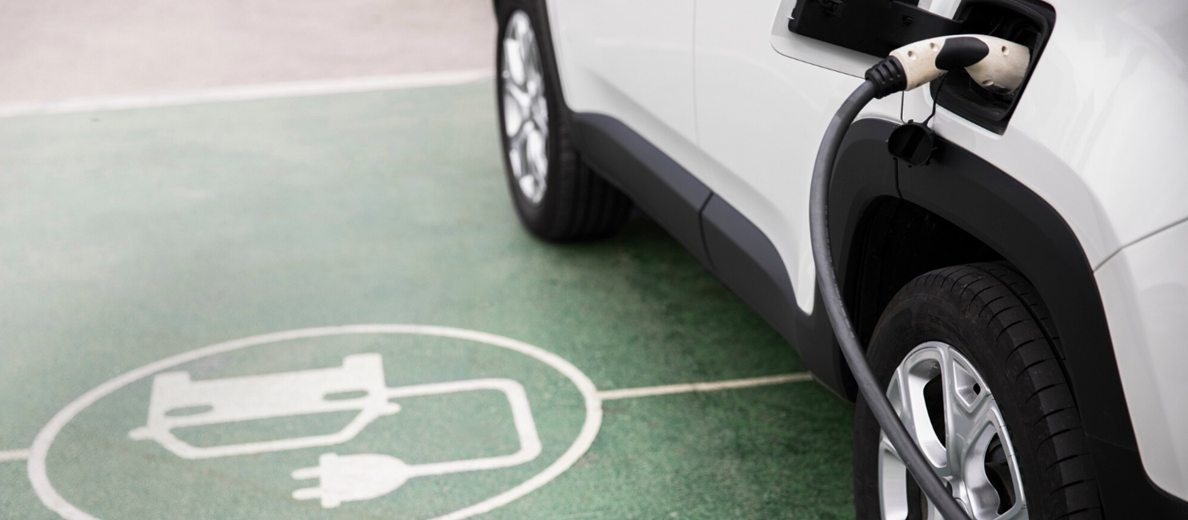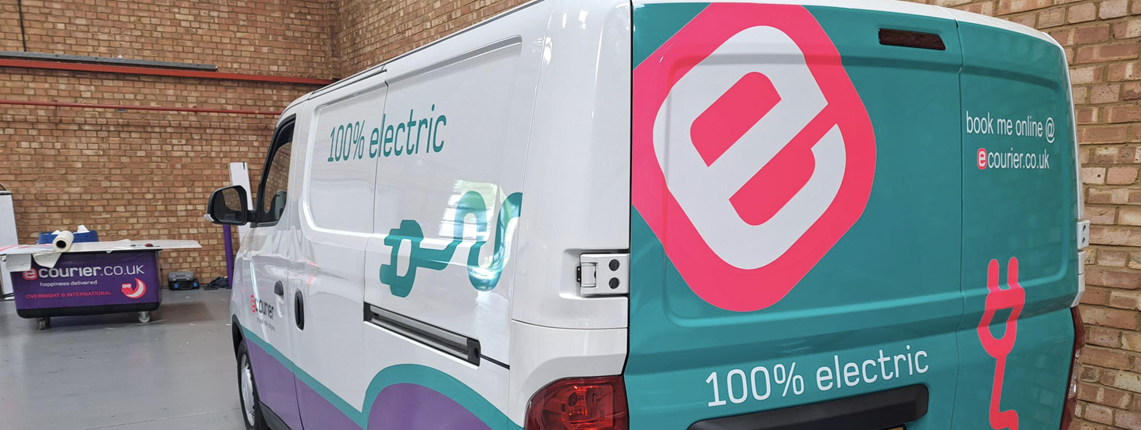
The Electric Revolution: Recharging Logistics.
The logistics industry, a cornerstone of global commerce, is under increasing pressure to reduce its carbon footprint.
Traditional delivery vehicles, primarily powered by diesel or petrol, are significant contributors to air pollution, traffic congestion, and climate change. However, a paradigm shift is underway with the rapid adoption of electric vehicles (EVs).
Electric vehicles offer a compelling solution to the logistics industry’s environmental challenges. By switching to electric delivery vehicles, companies can dramatically reduce carbon emissions, improving air quality in urban areas. This transition is not only beneficial for the planet but also for businesses’ bottom line. Lower fuel and maintenance costs associated with EVs can lead to substantial savings, enhancing profitability.
Moreover, EVs excel in stop-and-go city traffic, common in urban deliveries. Their efficiency in this driving pattern translates to reduced energy consumption and extended operating ranges. This advantage, combined with their zero-emission profile, makes them ideal for last-mile deliveries.

Beyond environmental and economic benefits, EVs also offer operational advantages. Advanced management systems can optimise charging schedules, route planning, and vehicle utilization, improving delivery times and reducing costs. For instance, cargo bikes, an electric vehicle variant, are becoming increasingly popular for short-distance deliveries due to their agility and low environmental impact.
Achieving carbon neutrality is a complex challenge, but the logistics industry can play a pivotal role. By embracing electric vehicles and exploring innovative business models, companies can not only reduce their carbon emissions but also gain a competitive edge. As the demand for sustainable practices grows, businesses that prioritize electric vehicles will be better positioned to meet customer expectations and contribute to a cleaner, healthier future.
The transition to electric vehicles is not without its hurdles, such as the initial investment and charging infrastructure limitations. However, with supportive government policies, technological advancements, and increasing consumer awareness, the future of logistics is undoubtedly electric.

At eCourier, we are leaders in time-bound courier services and are at the forefront of this electric revolution. By transitioning a significant portion of our fleet to EVs, we are not only reducing our environmental impact but also enhancing our reputation as a sustainable business.
The future of logistics is electric. It’s a future where clean air, reduced noise pollution, and cost savings converge. While challenges remain, the benefits are undeniable. As technology advances and infrastructure improves, we can expect to see an increasing number of logistics companies embracing EVs. The road ahead is undoubtedly challenging, but the destination – a cleaner, greener, and more efficient logistics industry – is worth the journey.